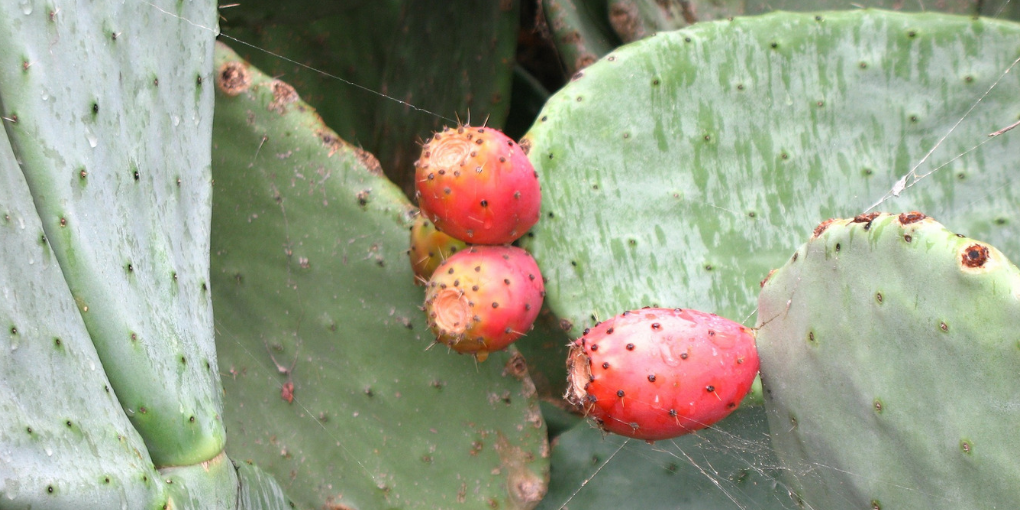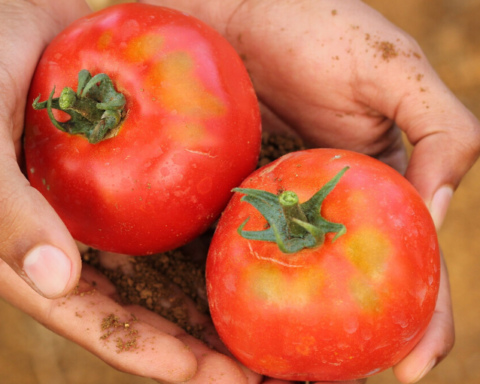The national symbol of Israel is in danger, and the sabra cactus is being eaten alive and left for dead. The plant is being infested by aggressive pests, likely blown over from Lebanon. What started in 2013 in one small spot, has now become a widespread infestation across Northern Israel, and Israeli scientists are fighting back to save the sabras.

Sabras, or prickly pears, are well loved in Israel, and somewhat of a national symbol, representing the Israeli – with a hard, tough exterior and a soft, sweet center. Not only of sentimental value, the Opuntia cactus is also the most ecologically valuable plant. While the plant was likely born in Mexico, it is now highly domesticated across the world.
Also known as the prickly Indian cactus, the cactus provides cochineal, nature’s most natural dye. Because of the dye produced, growing the cactus is a worthy investment for resource supply, especially as artificial dyes are found to be less environmentally healthy.
In Israel, the cactus can often be found as natural borders, lining roads, fences and other areas. Today, many are covered with pests that are white, which can look like mold. They suck up the plant’s nutrients, turning the cactus pads yellow and dry. Due to massive damage, Zvika Mendel from Volcani Agricultural Research Center, and his team are making efforts to fight, or at least contain, the pests, or Dactylopius opuntiae.
Mendel and his team have recently set free two types of tiny predators, trident lady beetles and aphid flies, to try to manage the widespread destruction of one of Israel’s national symbols. Before release, both were tested in the labs, to ensure it was safe and effective for them to be released into the wild. Today, the plan seems to be working; however, once human hands enter the natural environment, the answers remain to be seen.







